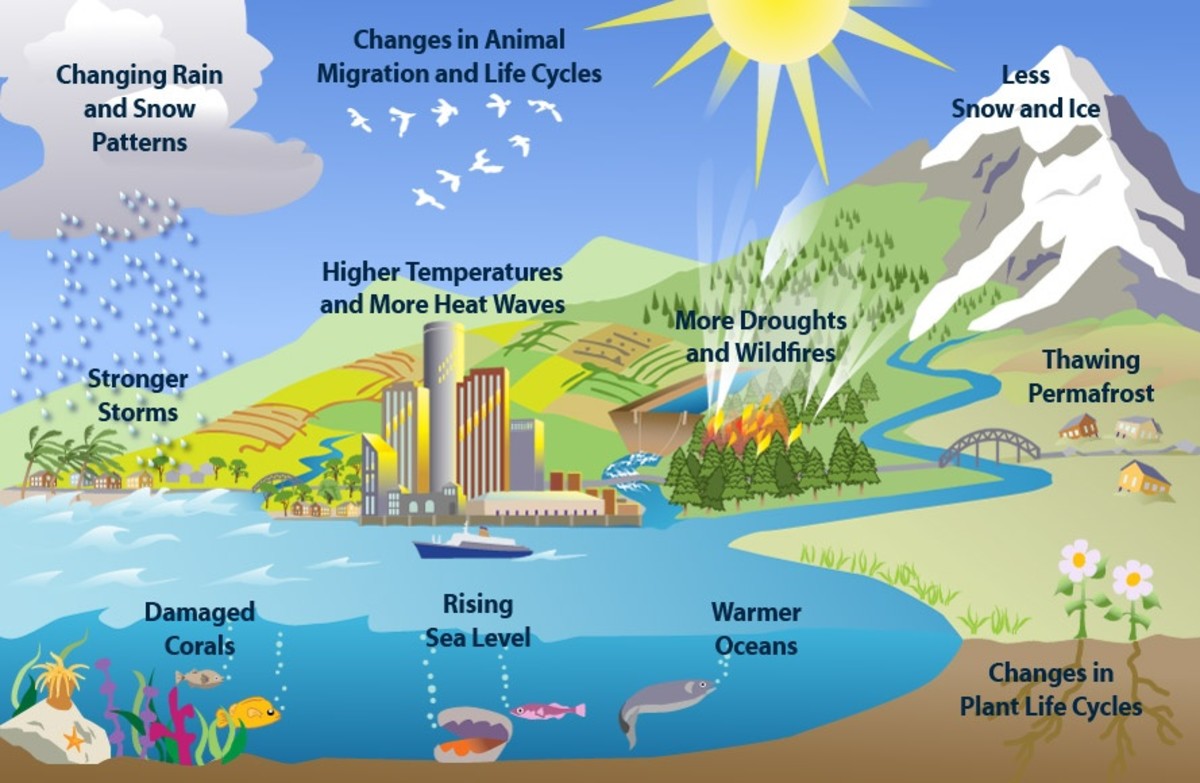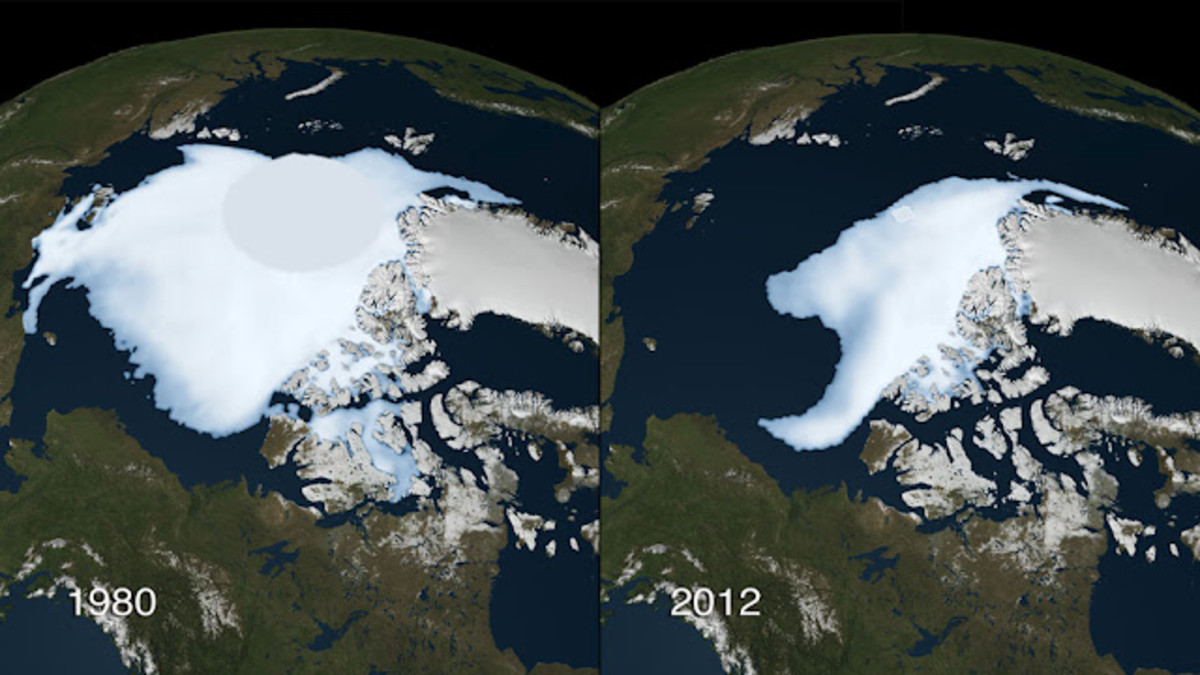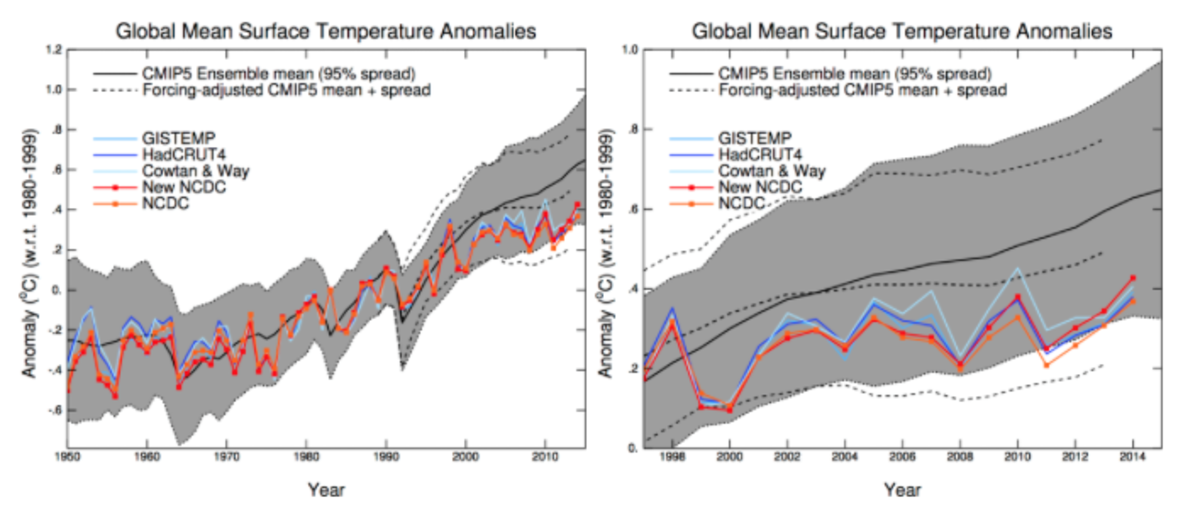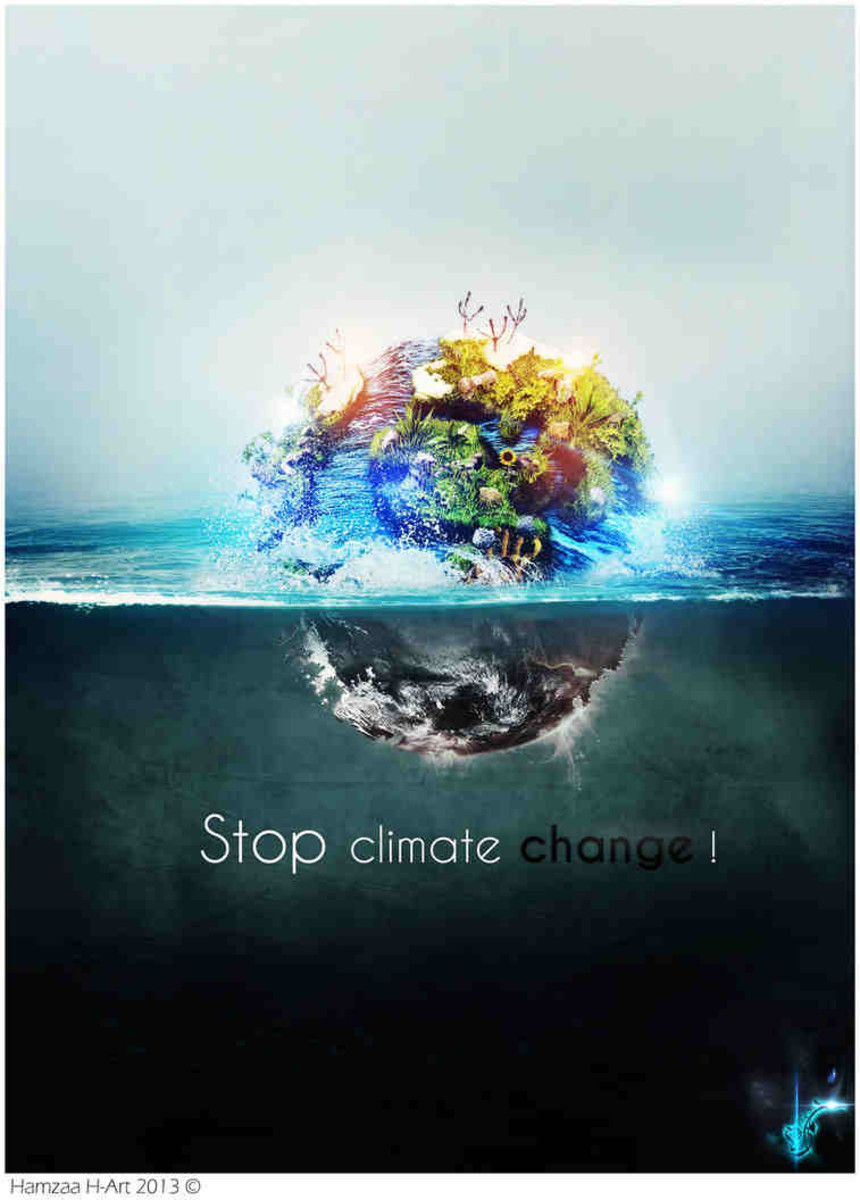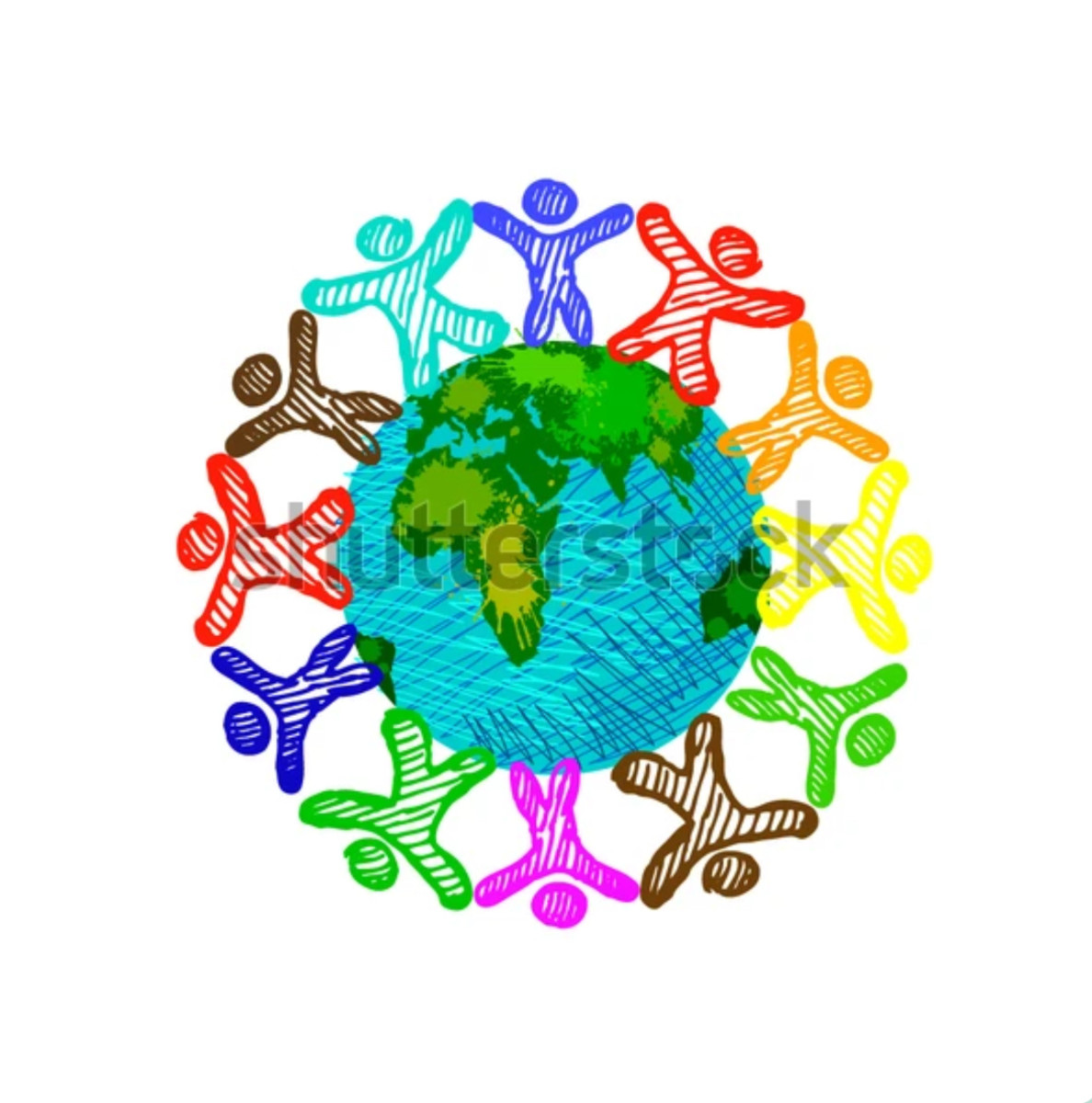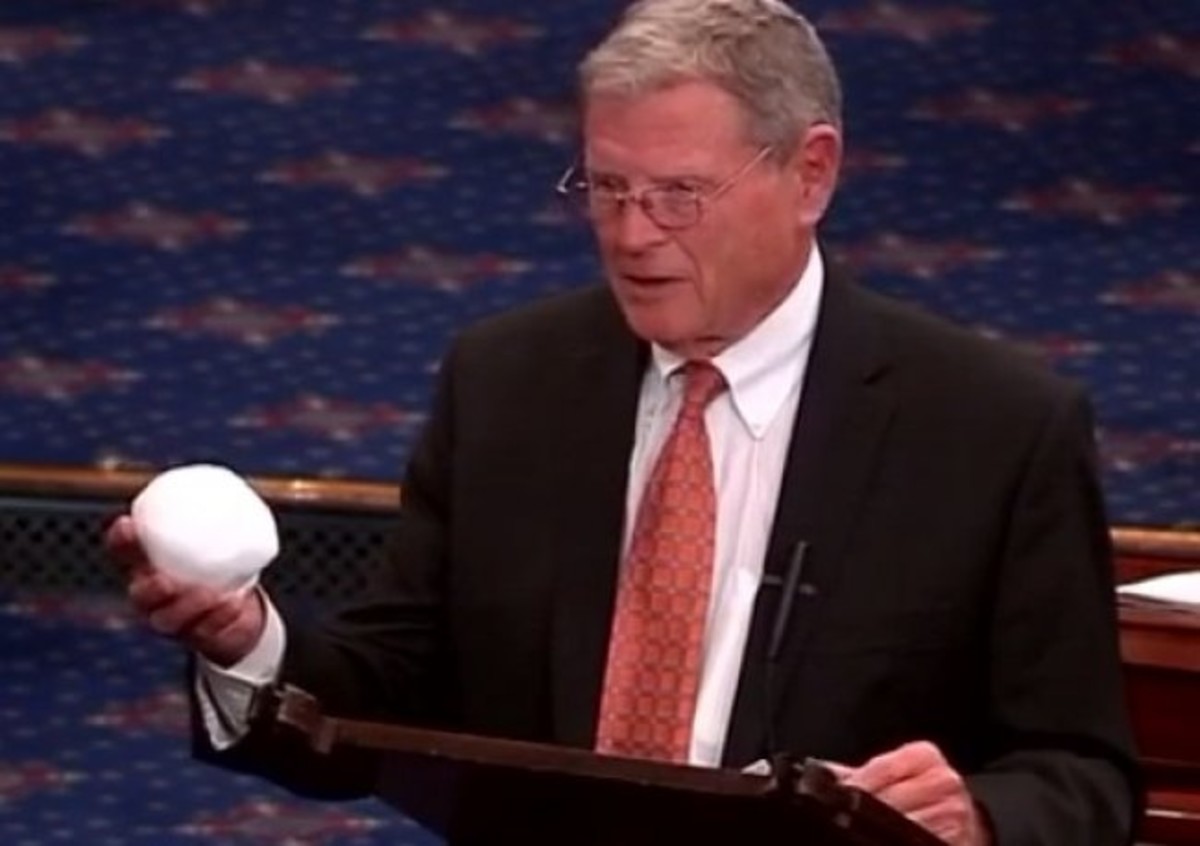Flame In Darkness: The Paris Accord
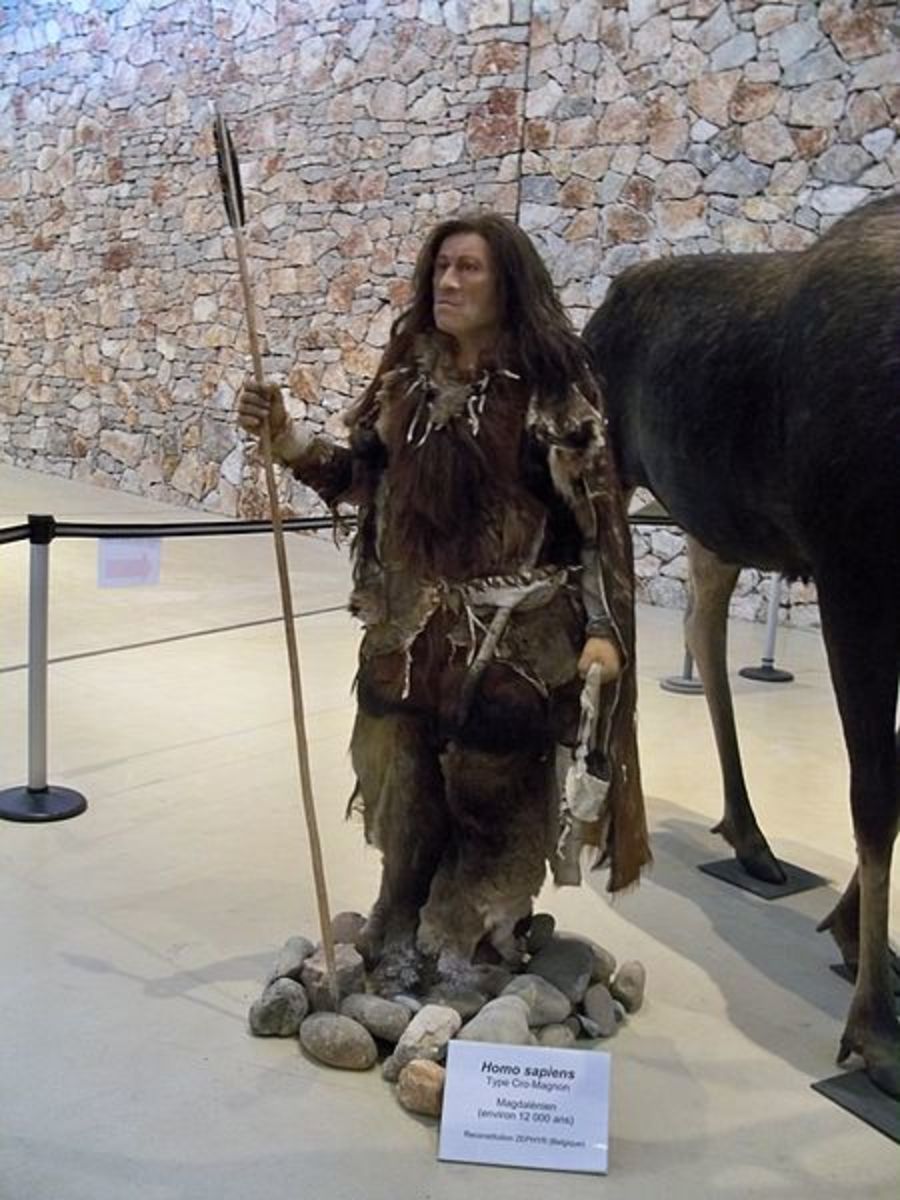
Is this the day we reclaim that little word 'sapiens?' It means 'wise' or 'knowing', and it is, famously, the specific modifier in the official taxonomic term for us: homo sapiens.
It's long been been viewed with a cynical eye. How could a group so prone to fads, superstitions, pointless casual cruelties, Ponzi schemes, thoughtless ignorance, and conflicts ranging from petty snits to and full-on tantrums to racism, classism, feuds and wars, possibly merit the term 'wise?'
Yet as I sit typing these words, delegates in Paris are filing in to await the revelation of the draft of a new climate treaty. It is meant to replace the more-or-less unsatisfactory Kyoto Accord, and it has been elusive. It was to come in 2009 in Copenhagen, but only a watered-down interim text was agreed, when a few objector nations blocked an agreement acceptible to most of the world. The debacle followed the release of a set of emails stolen from a British university server, spun to suggest that climate scientists were engaging in a massive 'scam'.
The outcome left diplomats, climate activists and citizens dispirited. It ensured that for several years there would be no coordinated international response to the climate crisis. And public discourse on the topic became poisoned, with a determined coterie continuing to insist loudly upon the 'scam' narrative, despite the fact that full reading of the emails showed otherwise: "Climategate" was simply a modern instance of the maxim, attributed to the infamous Cardinal Richelieu, that:
If you give me six lines written by the hand of the most honest of men, I will find something in them which will hang him.
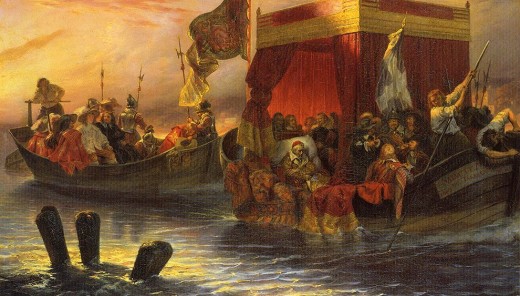
Yet six years later, in a Paris wounded by terror, the world has apparently reached an accord. There, it is now noon--here, six AM. I sit at my computer, watching scraps of news dribble in on BBC's live coverage page. The dog and cat have been fed, and, disinterested in this early morning anomaly, have gone back to sleep. The Christmas candles shine from our kitchen windows out into the predawn darkness.
For we have an agreement. Just as I typed those words, the BBC updated:
Draft agreement is legally binding, says conference president
Posted at
11:00
This text contains the principal elements that we did feel before would be impossible to achieve. It is differentiated, fair, durable, dynamic, balanced and legally binding. It is faithful to the Durban mandate.
Laurent Fabius
French Foreign Minister and President of COP21
It's UN-speak at its finest! But I can make some guesses:
- "Differentiated"--accomodating developing nations, who need to rise from poverty
- "fair"--acceptible to developed nations
- "durable"--nobody is too drastically upset with the text
- "dynamic"--it has a five-year update cycle to respond to evolving needs and opportunities
- "balanced"--well, just how I don't know, quite frankly, but no doubt there will be reams of clarification
- "legally binding"--not just voluntary guidelines, like the fictional "Pirate's Code." That's a whole can of worms; the US needs a text that can be acted upon by the Executive Branch, and not by a hostile legislature, yet many nations insist that the agreement must carry some sort of legal commitment.
Now Fabius has actually used the 'h-word', calling the draft an "historic turning point." He has urged delegates to accept the text, calling it a last chance:
Today if we fail, how could we rebuild this hope?
He is right. After so much delay, so much wasted time, with atmospheric CO2 at 400 ppm and the second of two consecutive record-warm years about to enter the record book; with millions of refugees seeking asylum from drought-driven conflict; and above all, with just a few years remaining to rein in our emissions, we don't want just a "Copenhagen with more police."
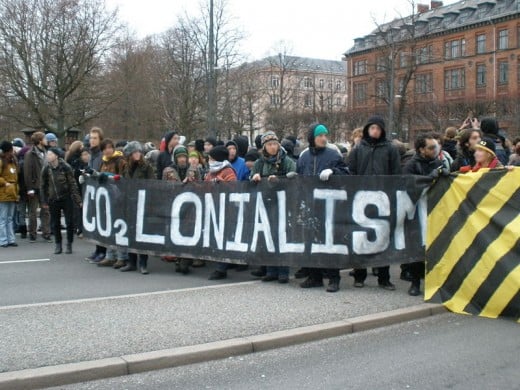
Now Fabius, amid a standing ovation, has turned the floor over to Ban Ki-Moon, Secretary General of the UN, who also calls the document 'historic', describing this as a 'defining moment.' But what will the 'definition' say?
For my worst fear has not come to pass: we do have an agreement. (I seem to need to say this over and over.) The plenary session, surely, cannot fail to adopt the text negotiated with such intensity over three nearly sleepless days. "Let us finish the job; the whole world is watching," says Ban:
We must not let the quest for perfection be the enemy of the common good.
But how wide will be the 'ambition gap'--the difference between what we really need to do, and what we can politically afford to agree to do? And will the provisions of the text survive in practice around the world--most particularly in the Congress of the United States, where legislative majorities in both chambers are in the hands of anti-science ideologues who deny that there is even a problem?
But that's a problem for tomorrow. Now French President Hollande is urging the delegates to accept an "ambitious but realistic" text. There is only one question:
Do we want an agreement?
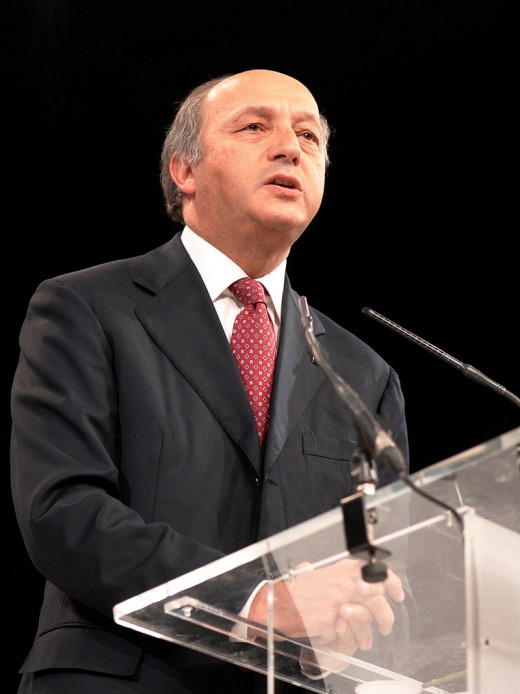
Oh, yes. Here, on the 'red clay hills of Georgia,' some of us want an agreement very, very badly indeed. Here, as around the world, we watch, dreaming that the future will be one in which our children and grandchildren will be able to live lives not constrained by want, instability, disorder, privation and disaster; that our world will not be impoverished beyond recognition by the loss of innumerable species, gone forever under an onslaught of change too rapid for them; and that just perhaps, this 'defining moment'--in which we come together, 196 nations strong, to accept an imperfect but hopeful compromise--reclaims for us as a species a modicum of wisdom.
President Hollande says:
The agreement will not be perfect for everyone, if everyone reads it with only their own interests in mind. We will not be judged on a clause in a sentence, but on the text as a whole. We will not be judged on a word, but on an act.
May it be so.


